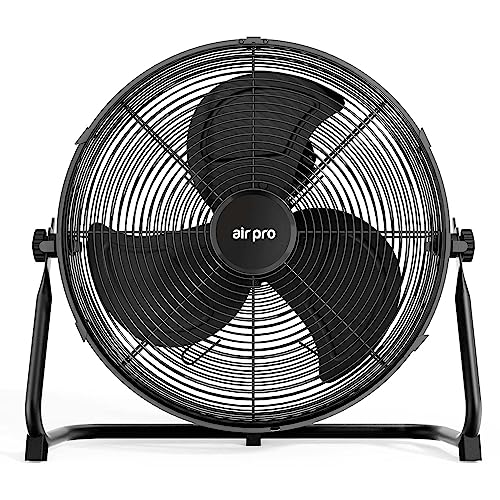The Difference in Noise Level Between Traditional Fans and Electric Fans
If you are in the market for a new fan, you may be wondering which type of fan is quieter: electric or traditional. Noise level is an important factor to consider when purchasing a fan, as some people find the sound of a noisy fan to be disruptive to their daily life. In this article, we will explore the differences in noise level between traditional fans and electric fans.
The Benefits of Electric Fans
Electric fans are known for being much quieter than traditional fans. This is because traditional fans use blades to move the air around, which can cause turbulence and noise. Electric fans, on the other hand, use a motor to move the air, which is much quieter than blades. Additionally, some electric fans are equipped with special airfoil designs that allow them to move air more quietly and efficiently than traditional fans.
The Noise Level of Traditional Fans
Traditional fans can be quite loud, especially if they are larger and have larger blades. The noise level of a traditional fan can range from a low hum to a loud roar, depending on the size of the fan, the speed setting, and the type of blades it uses. In general, traditional fans with metal blades tend to be louder than those with plastic or wooden blades.
Choosing the Right Fan
When choosing a fan, it is important to consider your own personal preferences and needs. If you value a quiet and peaceful environment, an electric fan may be the best choice for you. However, if you prefer the sound of a traditional fan, or if you are purchasing a fan for a large space that requires strong air circulation, a traditional fan may be the better option.
The Bottom Line
Overall, electric fans are typically quieter than traditional fans due to their motor-driven design. However, traditional fans are still popular and effective, especially for large spaces or those who prefer the sound of a fan. When choosing a fan, it is important to consider your noise preferences, space requirements, and other factors to ensure you find the right fan for your needs.






